We'll take a look at the causes of white hair today
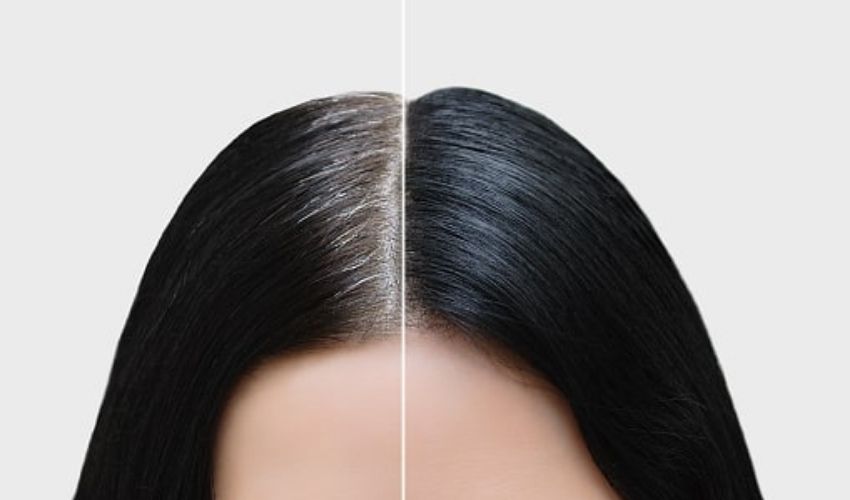
We all want stunning, long hair that complements our personalities, and we all want black, dense, shiny hair, but do we do anything to achieve these goals? Instead, our way of living is wreaking havoc on our hair and skin. Poor product choices and a bad lifestyle filled with tension, job strain, family commitments, and the foods we eat are all degrading the texture of our hair and causing it to turn grey and whites.
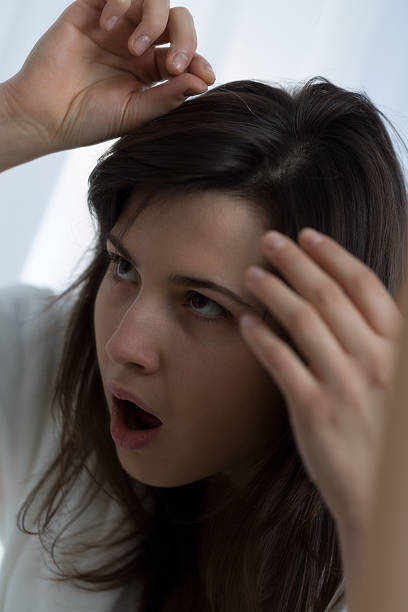
Premature graying can be caused by vitamin B-6, B-12, biotin, vitamin D, or vitamin E deficits. Development (anagen), termination (catagen), and rest are the three phases (telogen). Your hair approaches the end of its lifetime and falls out during the rest time, and a new strand develops in its place. Melanin, which is developed by melanocytes, is responsible for hair color. Hair pigmentation is not persistent, unlike skin pigmentation. During the anagen process, the hair is actively pigmented. In the catagen phase, pigmentation decreases, and in the telogen phase, it is completely absent. The pigment cells in our hair follicles eventually die as we age.
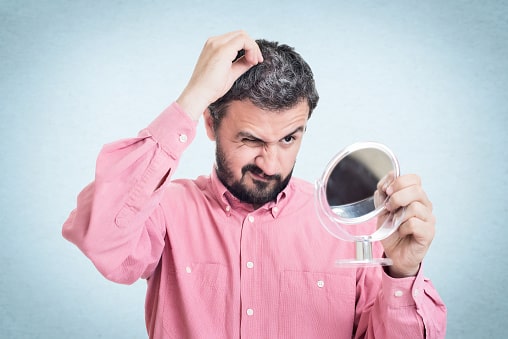
When a single hair grows, it will have less melanin so there are fewer pigment cells in the follicle, so that it becomes a more translucent color like grey, silver, or white as it grows. The association with white hair with senior years is undeniable. It's depressing to find them in your early 30s, and occasionally even your young adult.
Gray hair or whites will appear early as a result of the following factors:
Oxidative Stress
Though graying is largely determined by genetics, oxidative stress in the system can play a role when it occurs improperly. Premature graying can be caused by oxidative stress. It is caused by the body's excessive development of oxidants and is influenced by extrinsic influences such as ultraviolet (UV) rays, pollutants, emotional factors, and inflammatory causes.
When metabolites are insufficient to mitigate the harmful influence of free radicals, oxidative stress occurs. Free radicals are reactive molecules that cause cell damage and contribute to cancer and aging.
Genes

Ethnicity also plays a part. Graying will begin as early as 20 years old in white people. When it comes to deciding when your hair lacks pigment, your genes are the most important factor. It can happen to certain people long before they reach the age of 20. Others can see the first strands of white later than others.
Melanin Deficit
A lack of melanin is the most common cause of hair whitening in most cases. Melanin synthesis is reliant on a proper diet and protein supplements. Melanin levels drop below sufficient levels due to a shortage of these nutrients.
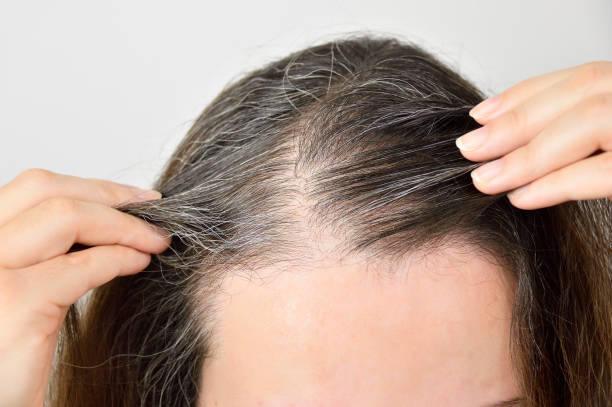
Medical Condition
A lack of protein in your hair can be caused by a variety of underlying medical conditions. Autoimmune diseases such as vitiligo, pernicious anemia, thyroid diseases, and premature aging syndromes may also cause PGH to be released. Alopecia areata, an autoimmune skin disease that causes hair loss on the scalp, ears, and other areas of the body, is also associated with white hair.
Vitamins and Mineral Deficit
Skin cell whitening can also be caused by a lack of iron, vitamin D, folate, vitamin B12, or selenium. People with early graying of hair have Vitamin B12 and folic acid deficiencies, as well as reduced levels of biotin.
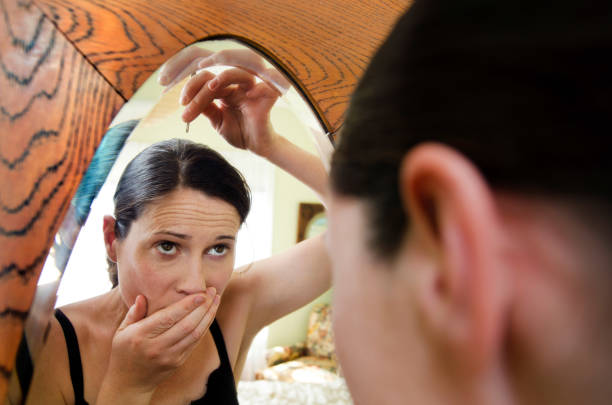
Stress and Anxiety
Sentimental discomfort is also a factor in this. Psychological stress has been found in studies to induce premature graying of hair due to the oxidative load it causes.
Smoking
According to studies, smoke is one of the leading causes of premature graying of hair. Smoking allows melanocytes in hair follicles to be damaged by reactive oxygen species, resulting in premature graying.

Chemicals
Chemical-based hair masks, shower gels, color correctors, and other products may also cause this issue. It can, however, be caused by certain ergic illnesses.
Peroxide
Skin cells emit tiny quantities of peroxide, which builds upon the hair roots over time. It whitens the hair, causing it to become grey and then white. Removing this build-up can aid in the restoration of your hair's natural color.
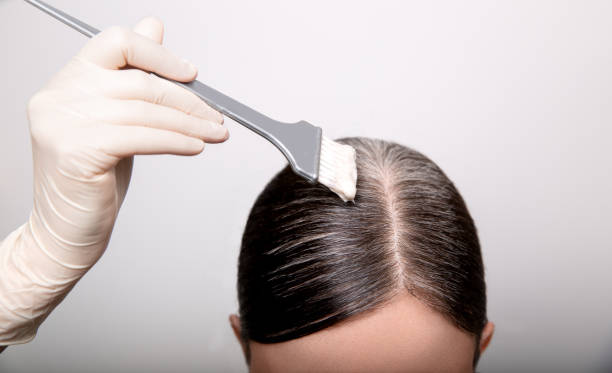
Hormonal Changes
A difference in hormones, according to research, may trigger or accelerate hair graying. If you have a lot of grey hair and aren't sure if it's due to a hormone disorder, see a specialist.


